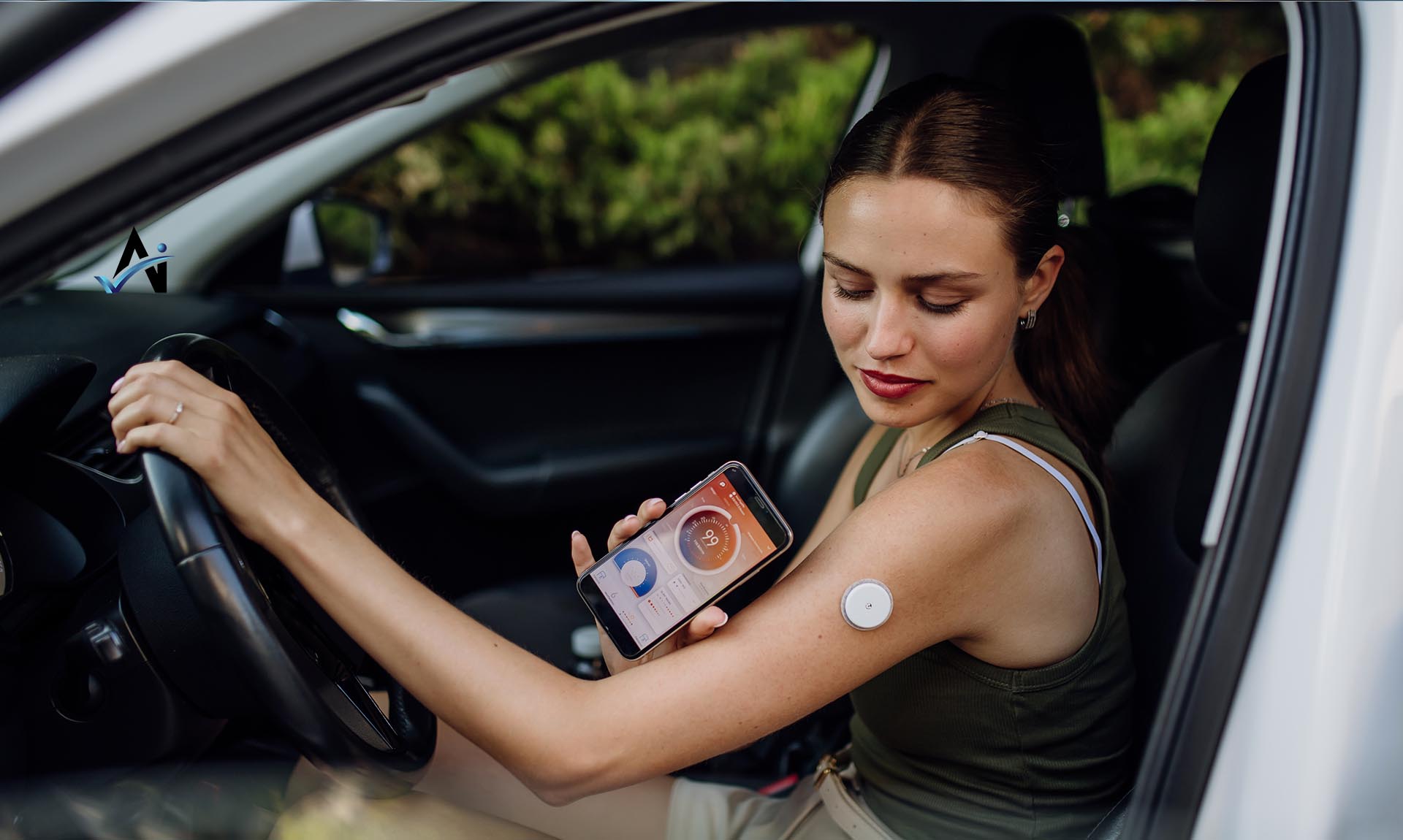Dawn of the Artificial Pancreas System
In the quiet corners of medical innovation, a revolution is unfolding that promises to fundamentally transform the lives of millions living with Type 1 Diabetes (T1D). At the heart of this transformation is the development of artificial pancreas systems, a technology that combines the potential of Artificial Intelligence (AI) and Machine Learning (ML) with the intricacies of human biology. These systems, poised to redefine diabetes management, represent a confluence of technology, medicine, and patient-centric care.
Understanding the Artificial Pancreas
An artificial pancreas mimics the glucose-regulating function of a healthy pancreas. Unlike traditional insulin pumps, these systems are designed to autonomously adjust insulin delivery based on real-time glucose monitoring data. This level of automation is made possible through sophisticated AI algorithms that learn and predict an individual’s insulin needs with remarkable precision.
AI and ML: The Technological Backbone
The efficacy of artificial pancreas systems lies in their ability to leverage AI and ML in processing complex biological data. These systems continuously analyze data from continuous glucose monitors (CGMs), learning from the user’s unique glucose patterns and lifestyle factors. Through this constant analysis, AI-driven algorithms can predict blood sugar trends and make insulin dosing decisions that are far more accurate and timely than manual methods.
The Impact on Diabetes Management
For individuals with T1D, managing their condition is a relentless, 24/7 job that involves constant monitoring of blood sugar levels and careful insulin management. The introduction of artificial pancreas systems promises to ease this burden significantly. By automating insulin delivery, these systems reduce the risk of both hypo- and hyperglycemia, common and potentially dangerous fluctuations in blood sugar levels.
Patient Stories: A Newfound Freedom
The stories emerging from early users of artificial pancreas systems are nothing short of transformative. People who have lived under the constant shadow of T1D speak of a newfound sense of freedom and normalcy. Parents of diabetic children, who once faced sleepless nights monitoring their child’s blood sugar levels, now find solace in the safety and reliability of these AI-driven systems.
The Challenges Ahead
Despite the optimism, the journey of integrating artificial pancreas systems into mainstream healthcare is not without its challenges. Issues of affordability and accessibility are paramount, as these advanced systems need to be within reach of all those who stand to benefit. Additionally, as with any AI-driven technology, there are concerns regarding data privacy and the ethical use of personal medical data.
Looking to the Future
As research in AI and ML continues to advance, the capabilities of artificial pancreas systems are expected to grow. Future iterations may offer even more personalized and adaptive insulin management, potentially integrating with other health metrics to offer a holistic approach to diabetes care.
The development of artificial pancreas systems stands as a testament to the profound impact of AI and ML in healthcare. For the millions grappling with the daily challenges of T1D, these systems offer more than just a medical device; they promise a chance at a more carefree and secure life. As this technology evolves, it holds the potential not only to manage a chronic disease but to transform the very experience of living with it.
latest video
Get Our Newsletter
Never miss an insight!






